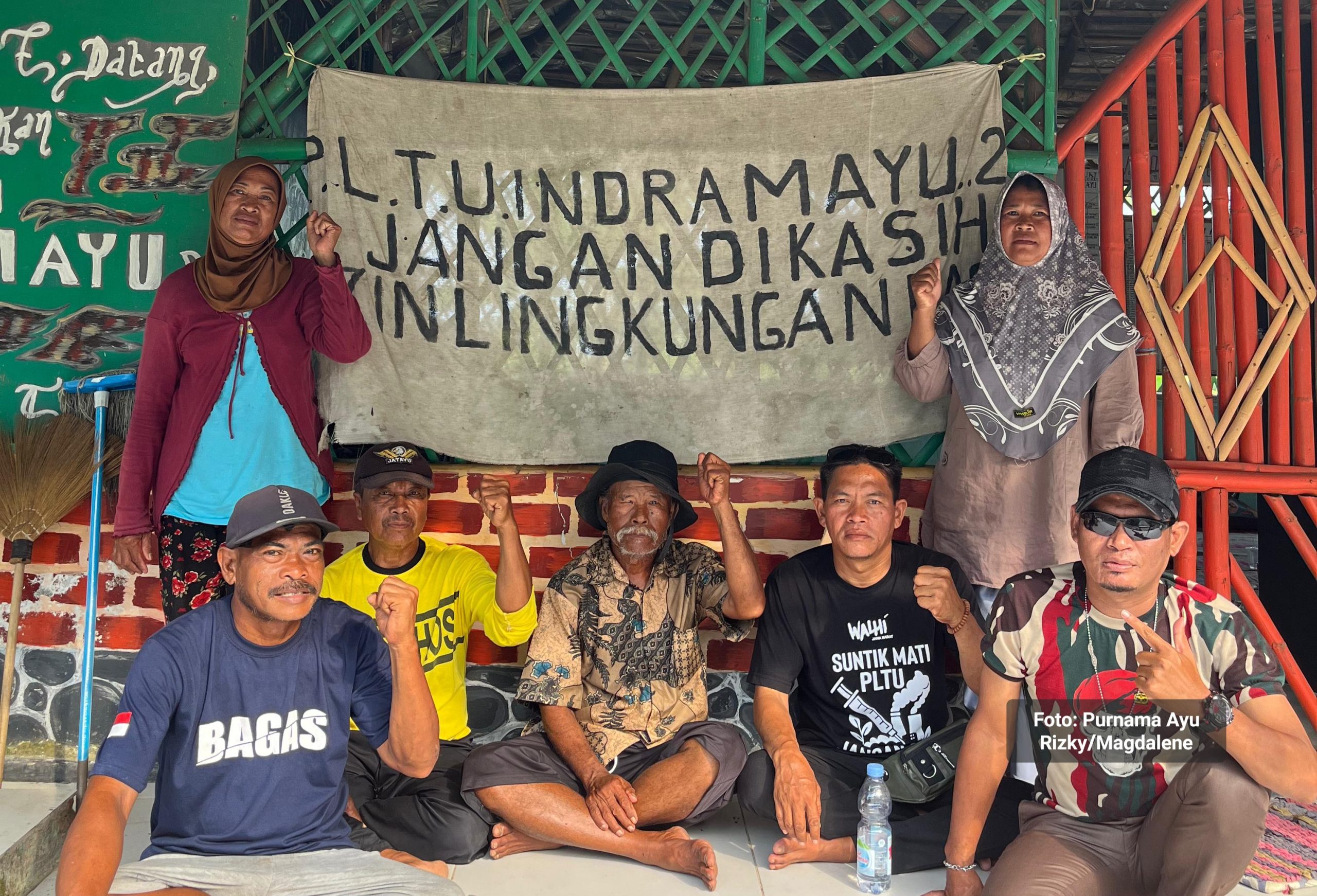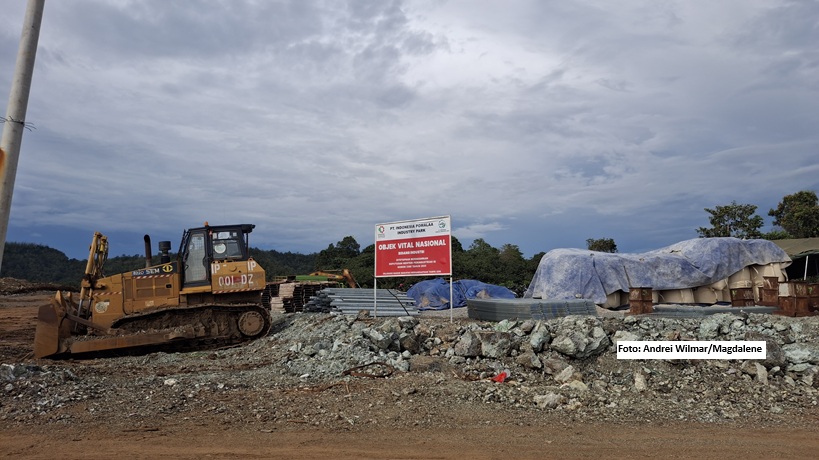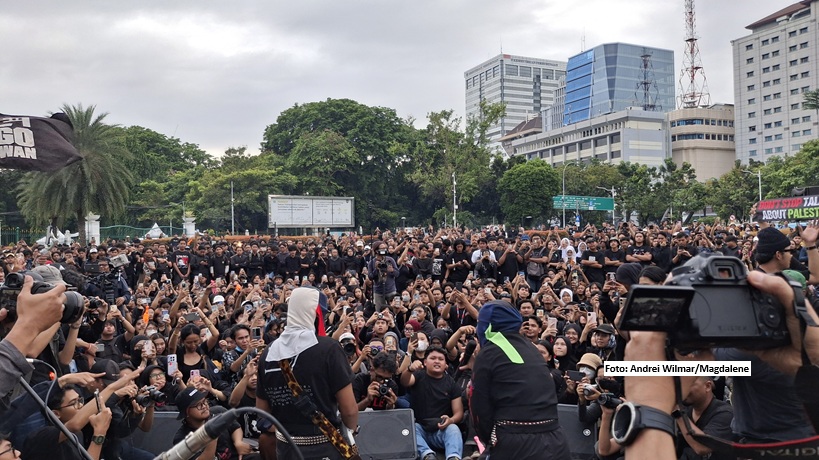93 Percent Survivors Stay Silent About Their Rapes: Online Survey

Ninety-three percent of rape survivors never reported their cases to the authorities, and the 6 percent who did ended up seeing their attackers walk free, according to an online survey conducted by support group Lentera Sintas Indonesia, Magdalene.co and facilitated by Change.org Indonesia. The survey found that only 1 percent of the survivors who pursued legal action saw their cases resolved.
Of the 25,213 people participating in the month-long poll, 37.9 percent admitted to having experienced some forms of sexual violence, ranging from verbal, non-intercourse physical assault to rape.
“This data is very raw, but it’s also very powerful,” said Wulan Danoekoesoemo, the executive director of Lentera, a support group for sexual violence survivors.
The poll was conducted as part of the #Mulai Bicara or #TalkAboutIt campaign to raise public awareness on sexual violence and find ways to reduce the problem. The respondents are almost equally divided between men and women – with 50.8 percent women and 49 percent men – with the addition of a small number of transgender people.
A total of 1,636 people said they had been raped, including 62.8 percent women, 37.1 percent men and 0.1 percent transgender. Two out of the three of the rape survivors in the polling were attacked before they were 18. And only 28 percent said they told someone about their abuses.
The finding of the survey corresponds with data from the National Commission on Violence Against Women (Komnas Perempuan), which finds that every two hours three women experience sexual violence in Indonesia. Last year, sexual violence became the second highest type of violence against women in personal realm and the first highest in community setting. Komnas Perempuan’s annual report is based on cases reported to the Commission and its partnering organizations, as well as the Religious Court.
Wulan said the online survey result could provide a complimentary data that can strengthen the urgency of sexual violence issue in Indonesia.
“We know that the data provided by Komnas Perempuan is a mere tip of the iceberg, because they were based on cases reported, meanwhile there are many cases that are not reported. We need statistics to support the hypothesis.”
An overwhelming two-third of the respondents have experienced verbal sexual harassment, while 25 percent have been victims of non-intercourse sexual abuse, and 20 percent others have been forced to see pornographic material or unwillingly exposed to genitals. The survey also found that 41 percent of the respondents know someone who has survived sexual violence.
The largest chunk of the participants, at 36 percent, is made up of 18 to 24-year olds, followed closely by those aged 25 to 34 at 31 percent.
Change.org Director of Communication Desmarita Murni said the fact that 70 percent of the participants are under 35 years old indicates a relatively high level of concern among young people about the prevalence of sexual violence in Indonesia.
“This shows there are concerns, as well as support and strong pressure for the government to do something to end sexual violence. If the government and the authority do not respond to this, public trust in the government may decline.”
Reasons for not reporting the sexual assaults vary, but a whopping 63 percent of the respondents cited shame as their main reason. The remaining reasons include fear of being blamed or not believed, not having enough evidence, not being supported by family and friends, and being intimidated by the perpetrator. Smaller percentages of the respondents said they could not afford legal assistance, were afraid of having to marry the perpetrators, were very young when they were assaulted, were afraid of losing their job, or were not aware that what they experienced was sexual violence.
Other reasons cited for not reporting their assaults include:
– The perpetrator was a romantic partner
– Fear of retaliation (the attacker was a teacher or a professor or a senior)
– Wanting to avoid the hassles
– Wanting to protect their families from shame
– Wanting to forget the incident
– Feeling it’s their own fault
– The assault was settled within the family as the perpetrator was a cousin or uncle or brother or parent)
– Feeling ashamed of being raped by somebody of the same sex (male)
– Fear of being accused of defaming the perpetrators
Social media can help amplify the issue, changing perception through the dissemination of proper information, providing support for survivors, and connecting and galvanizing community to do important things such as collecting data, voicing concerns and pushing for policy and social change, said Benjamin Xue, Chief Engagement Officer of CAMPAIGN, which collaborates with Lentera and Magdalene on #MulaiBicara campaign.
“It is everybody’s responsibility to help bring an end to sexual violence against women, given that 93 percent of the cases go unreported, and yet close to half of us know of someone who has gone through it. Silence erases the crime. It’s on all of us to make sure that this crime does not pay,” he said.
To support the #TalkAboutIt or #MulaiBicara campaign, please head to campaign.com/MulaiBicara.
Read Devi’s piece on ending rape culture and follow @dasmaran on Twitter.





















